Colombia/Entorno Inteligente/ El Heraldo/ 25 de Mayo de 2016
El Heraldo / Jorge Augusto Salcedo Ortega y Luisa Fernanda Reyes Maldonado tienen muchas cosas en común: tienen 15 años, están en décimo grado y ambos representan a la Institución Educativa Distrital Bilingüe Jorge Nicolás Abello.
Ellos hacen parte del grupo de 30 estudiantes de Barranquilla que participarán en los campos de inmersión internacional en inglés, que se llevará a cabo durante dos semanas en Estados Unidos.
Tres colegios del Distrito hacen parte de la convocatoria: la Institución Educativa Distrital Madre Marcelina con seis estudiantes, el colegio Jorge Nicolás Abello 16 estudiantes y el Instituto Alexander Von Humboldt con ocho.
En total son 100 niños de diferentes instituciones públicas del país los que estarán participando en estos campos que se realizarán en el receso de vacaciones de mitad de año, para no interferir con el calendario académico de los estudiantes.
La experiencia, que se desarrollará en siete estados de Estado Unidos , se llevará a cabo entre junio y julio.
Jorge Salcedo, quien por primera vez visita la presidencia de la República, dijo que para él es un orgullo representar a su institución en este programa de Colombia bilingüe.
Al hablar de su experiencia dice que son 16 los cupos que le otorgaron a su institución por ocupar el primer lugar en el Índice Sintético de Calidad Educativa (ISCE).
En esta oportunidad el colegio realizó una prueba que consistió en dos partes: una on line y otra en una entrevista totalmente en inglés donde hablaron de temas sociales , políticos y culturales de Colombia y Estados Unidos. También hablaron acerca de su gustos y metas y manifestó que todos los conocimientos en el idioma inglés fueron adquiridos en el colegio.
Por su parte Luisa Fernanda afirmó que con el dominio del inglés Colombia demuestra que es un país más educado cada día.
«Esta es una gran oportunidad que tenemos 16 estudiantes del Jorge Abello. Es una experiencia maravillosa y por eso le digo al resto de estudiantes que aún no han tenido esta oportunidad, que se esfuercen mucho por adquirir nuevos conocimientos, que investiguen y practiquen el inglés», expresó la joven.
Los estudiantes seleccionados vivirán una experiencia cien por ciento en inglés, y fortalecerán sus habilidades comunicativas en este idioma extranjero, formándose en valores ciudadanos y liderazgo. Todos cursan grado décimo y provienen de ocho instituciones educativas de cinco departamentos.
La ministra de Educación, Gina Parody, manifestó que el programa es uno de los más importantes para fortalecer el bilingüismo en Colombia y para que los niños de los colegios oficiales tengan la oportunidad de aprender, practicar y mejorar su nivel de inglés.
«Tenemos reunidos a los 100 pioneros de los campos de inmersión en inglés. Hacer parte de este grupo de estudiantes es una gran responsabilidad. Sabemos que nos representarán muy bien y que también aprovecharán cada segundo de esta experiencia, que alguna vez soñamos y hoy estamos haciendo posible » destacó la ministra Gina Parody.
El Gobierno Nacional ha destinado más de 1.200 millones de pesos para que los jóvenes participen en estos campos de inmersión.
Parody destacó la estrategia del programa de Colombia bilingüe del ministerio de educación nacional, en alianza con la Federación Cristiana de Jóvenes (YMCA), la Asociación Cristiana de Jóvenes (ACJ) y la cooperación de la embajada de Estados Unidos en Colombia.
«Se desarrolla con el fin de alcanzar una de las metas trazadas para el 2018 que 32.000 estudiantes de grado 11 alcancen el nivel de inglés intermedio B1», señaló la ministra.
Por su parte, el presidente de la República, Juan Manuel Santos, indicó que los estudiantes que van a viajar, lo harán por «son pilos, son buenos estudiantes y vienen de los mejores colegios públicos, esto quiere decir que no solo los niños ricos pueden ir a campos de verano en Estados Unidos».
«Estos niños van a mejorar su inglés y me parece maravilloso que tengan esta oportunidad. Aprovéchenlo, es algo único y los felicito, porque es el talento de ustedes y su esfuerzo lo que hace esto posible», agregó el mandatario.
Fuente:http://www.entornointeligente.com/articulo/8456512/30-estudiantes-de-Barranquilla-iran-a-campos-de-inmersion-en-EEUU-25052016
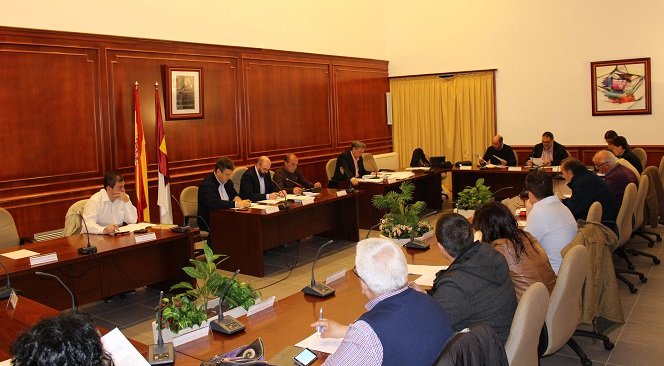
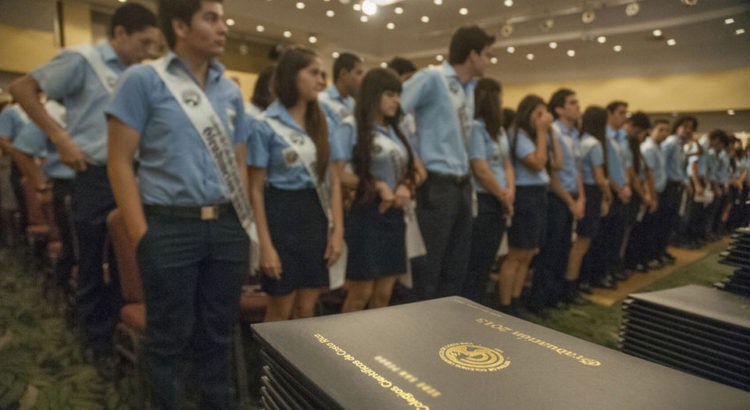
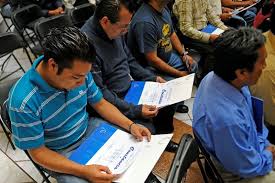

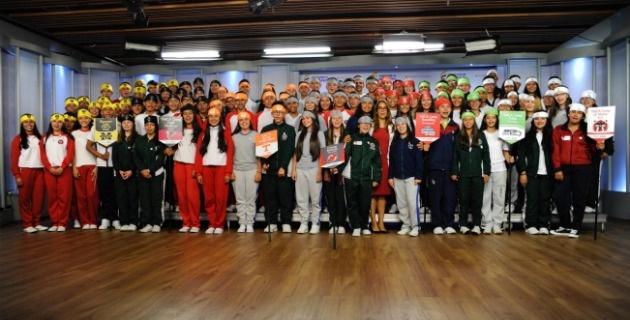

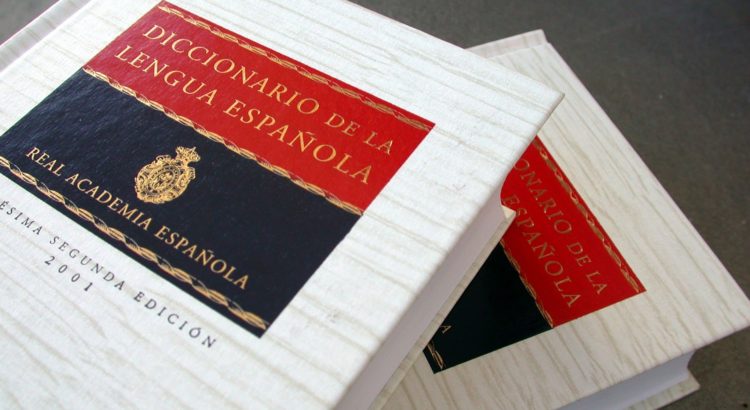






 Users Today : 13
Users Today : 13 Total Users : 35461199
Total Users : 35461199 Views Today : 40
Views Today : 40 Total views : 3421139
Total views : 3421139